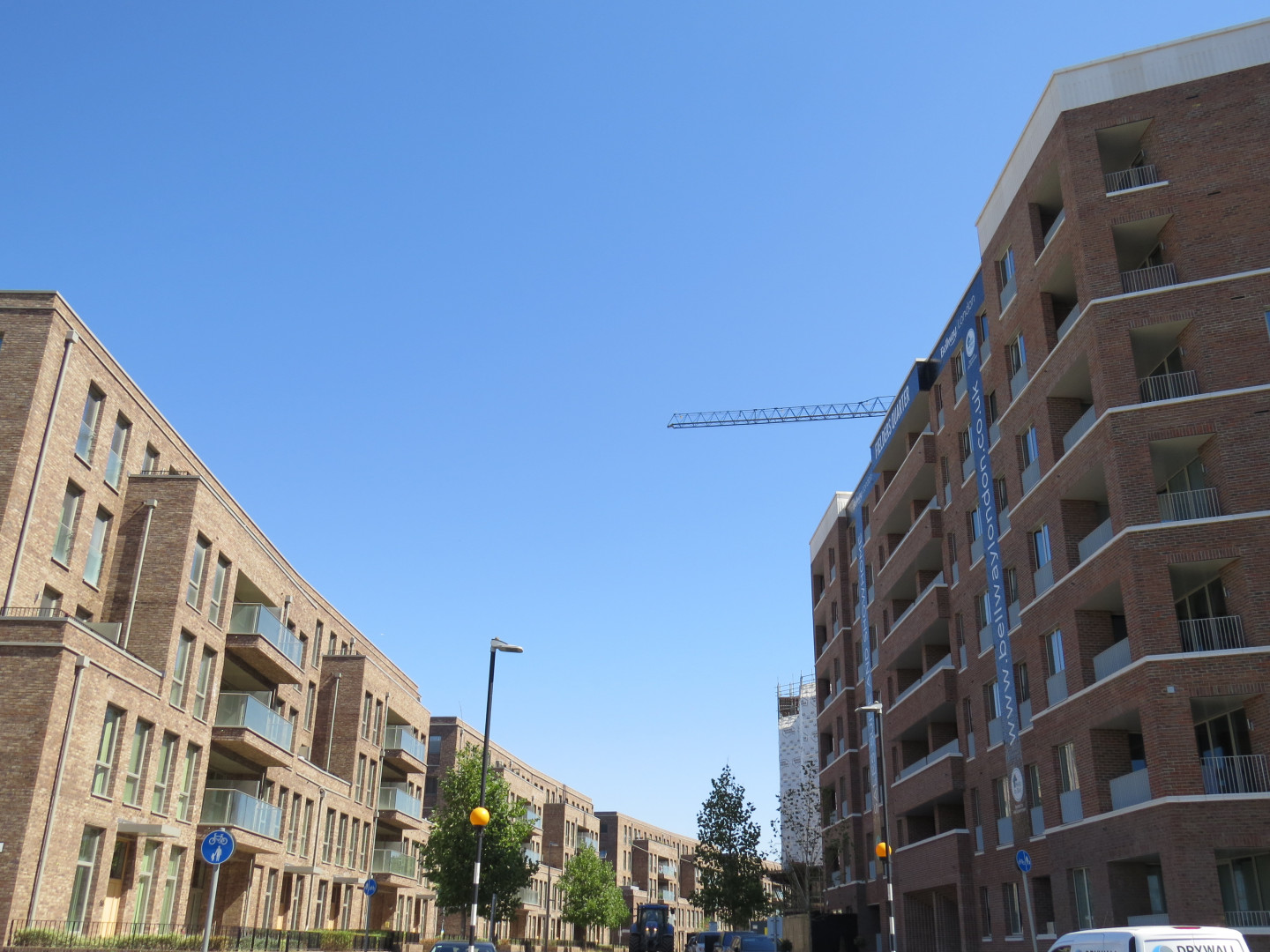L&Q’s report on advantages of chemical-free water treatment:
L&Q’s creation of an in-house business case on the implementation and advantages of chemical free water treatment in Barking was a major factor in the specifying of an IWTM T500 unit for the 16,000-home development.
Implementation and advantages:
Barking Riverside had completed several phases on the development which was supported by an energy centre using chemical based legacy water treatment methods. Both Vital and L&Q had already experienced successful installs of both the Protector and Elysator chemical-free solutions and were pursuing a more sustainable answer to their water treatment at Barking.
The 30,000-litre network was ready to expand by another 65,000 litres and so L&Q took the opportunity to commission an internal report on the business case for implementation of chemical-free water treatment.
Financially the report found that the retrofitting of the IWTM T500 would see the capital expenditure (capex) recovered in 3.25 years with the operating expenditure (opex) at 18% of the current regime when estimated at standard inhibitor and water sampling. This meant that if the IWTM had been specified at new build the capital would have already been recovered and they would have been benefiting from the lower opex.
Benefits:
The report recognised water quality as the most critical part of a heat network as it impacted servicing frequency, component life, efficiency of energy transfer, tenant satisfaction, system failures and call outs. The reliability of our solution in controlling water quality was seen as a significant positive in all these areas.
A conservative estimate of a 10% increase was forecast for overall component and underground pipe life was suggested but also recognised that potentially through the life of the concession plant replacement activities could go from two to one. A chemical free solution would also protect against unbudgeted remediation works.
Other benefits are seen with the growth of the network as buried pipework is installed in advance of when the plots are built. Chemically treated systems require circulation and so heat is lost from the network as the circulation branches are open. Our solution's demineralised water will not corrode pipework and does not require circulating, so reduces heat losses, wasted energy, wasted carbon and money in the form of cost of energy.
IWTM’s removal of chemicals from the process and added reliability fits directly with L&Q’s focus on operational excellence and environmental, social and governance (ESG). These are two of the focus’s outlined in their “Future Shape” 5-year corporate strategy which L&Q Energy’s implementation of IWTM is directly aligned to.
